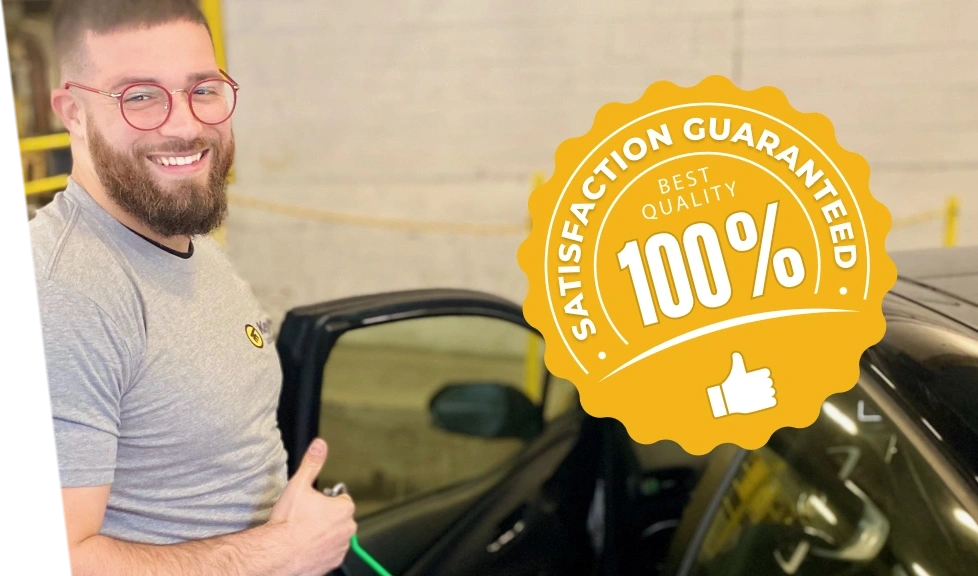Moving Tips for Your First Apartment
Moving into your first apartment is a thrilling milestone that marks the transition into adulthood. Whether you're moving out of your parents' home, a college dorm, or even relocating for work, the process can seem overwhelming. This article will guide you through everything you need to know to make your move as smooth as possible, from essential documents to prioritizing security and avoiding common pitfalls.
Getting Started: The Essentials
Documents You Need
Before you even think about packing, ensure you have all your essential documents in order. Here's a checklist:
-
Identification: Ensure your driver's license or state ID is up-to-date with your new address.
-
Lease Agreement: Read through your lease carefully. Understand the terms, the length of the lease, and any specific rules or regulations.
-
Insurance: Renter's insurance is crucial. It protects your belongings in case of theft, fire, or other disasters.
-
Utilities Setup: Contact utility providers for electricity, gas, water, internet, and cable services. Schedule these to be activated before or on your move-in day.
USPS Update
One of the first tasks is updating your address with the United States Postal Service (USPS). This ensures that your mail gets forwarded to your new apartment. It’s a simple process that can be done online and will save you the hassle of missed bills and important letters.
Prioritizing Your Tasks
Moving involves numerous tasks, and it’s essential to prioritize them to stay organized. Here's how you can break it down:
-
Packing: Start with non-essential items a few weeks before the move and leave daily essentials for last.
-
Cleaning: Ensure your new place is clean before moving in. If possible, do a thorough clean or hire a professional service.
-
Furniture and Essentials: Make a list of furniture and other essentials you need immediately. Think about the basics like a bed, couch, kitchen utensils, and toiletries.
-
Budgeting: Moving can be expensive. Create a budget that includes rent, security deposit, moving supplies, and other initial expenses.
Securing Your New Space
Security is a top priority, especially when moving into a new environment. Here are steps to ensure your new apartment is safe:
-
Change Locks: If allowed by your landlord, change the locks on your apartment doors. You never know who might have a copy of the old keys.
-
Install Security Devices: Consider adding a doorbell camera or additional locks to windows and doors.
-
Meet Your Neighbors: Building a good relationship with your neighbors can increase your sense of security. They can keep an eye on your place when you’re not around.
-
Know Your Emergency Exits: Familiarize yourself with the building’s layout, including all emergency exits.
Preparing for the Unexpected
Moving can be unpredictable, and it’s wise to prepare for the unexpected, such as getting locked out. Here are a few tips:
-
Spare Key: Keep a spare key with a trusted friend or family member.
-
Locksmith: Find a reliable local locksmith and save their contact information in your phone.
-
Emergency Fund: Set aside a small fund for emergencies, including lockouts, unexpected repairs, or other urgent needs.
Common Pitfalls and How to Avoid Them
Moving for the first time comes with a steep learning curve. Here are some common pitfalls and how to avoid them:
-
Underestimating Time: Packing and moving take longer than you think. Start early and give yourself plenty of time.
-
Overpacking: Avoid taking everything you own. Use this opportunity to declutter and donate items you no longer need.
-
Forgetting Utilities: As mentioned, setting up utilities in advance is crucial. Double-check that everything is working when you move in.
-
Ignoring the Lease: Understand your lease terms to avoid any surprises, such as rules about pets, parking, or guests.
Moving In: The First Few Days
The first few days in your new apartment are critical. Here’s what you should focus on:
-
Unpacking Essentials: Unpack essentials first, such as kitchen items, toiletries, and bedding.
-
Getting to Know the Area: Explore your new neighborhood. Find the nearest grocery store, pharmacy, and other important locations.
-
Routine Setup: Start setting up your daily routine to make your new place feel like home quickly.
By staying organized, prioritizing tasks, securing your new space, and preparing for the unexpected, you can ensure a smooth transition. Embrace the process, and soon enough, your first apartment will feel like home.
